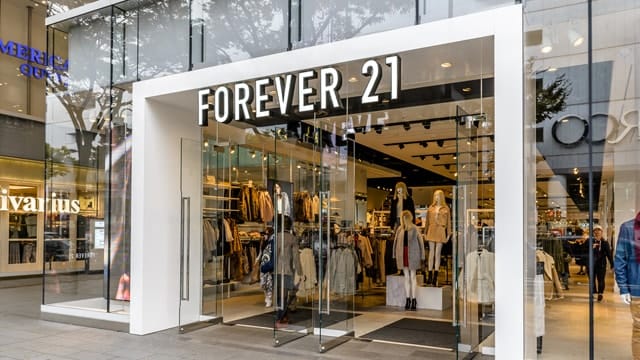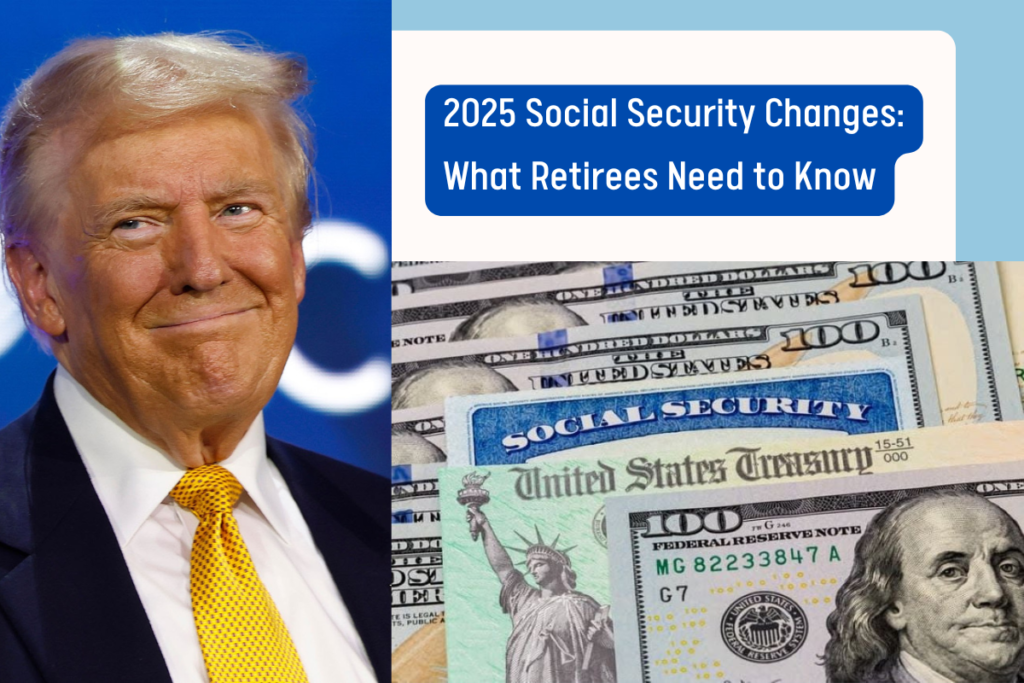
Forever 21, once a staple in American malls and a leader in the fast-fashion industry, has filed for Chapter 11 bankruptcy for the second time. The retailer, which operates approximately 354 stores in the U.S., cited declining mall traffic, inflationary pressures, and growing competition from online fast-fashion giants like Shein and Temu as key factors contributing to its financial distress.
U.S. Stores Facing Closure Amid Liquidation Sales
F21 OpCo LLC, the company operating Forever 21’s U.S. stores through a brand licensing agreement, announced plans to wind down its U.S. operations. While stores and the website remain open for now, liquidation sales will begin imminently. The company is also exploring a potential sale of assets that could salvage parts of the business.
Brad Sell, CFO of F21 OpCo, highlighted the impact of competition from foreign fast-fashion retailers taking advantage of the de minimis tax exemption. This loophole allows shipments under $800 to enter the U.S. duty-free, enabling companies like Shein and Temu to sell products at significantly lower prices, undercutting traditional retailers.
A Struggle to Stay Relevant in the E-Commerce Era
Founded in 1984, Forever 21 became a dominant player in the fast-fashion space alongside brands like H&M and Zara. During the Great Recession, its affordable clothing made it a go-to destination for budget-conscious shoppers. However, the retailer expanded aggressively, establishing stores at a time when consumer preferences were shifting toward online shopping.
Neil Saunders, managing director at GlobalData, remarked that “Forever 21 was always a retailer living on borrowed time. Over recent years, it has been hit with dual headwinds from a weak apparel market and stiff competition from cheap Chinese marketplaces.”
Hope for a Future Through Brand Sale
While Forever 21’s U.S. operations face uncertainty, its international locations—run by independent licensees—remain unaffected. There is still a possibility that a buyer will step in to acquire the brand, allowing it to pivot to an online-only model or continue through licensing arrangements.
What This Means for Retail and Consumers
Forever 21’s bankruptcy underscores the shifting dynamics of the fashion retail landscape. With e-commerce booming and consumer spending habits evolving, traditional mall-based retailers must innovate or risk extinction. As liquidation sales begin, bargain hunters may find significant discounts, but the future of Forever 21 remains uncertain.
Stay tuned as this story develops, and subscribe to our newsletter for more updates on retail trends and business news.

